State of Governance: Decentralization

At Polygon, we firmly believe that decentralization is non-optional, but rather a hallmark of blockchain technology and one of the most prominent forces of innovation going forward. It is for this reason that a Polygon Governance Team was recently formed. Its mission: to gradually increase the decentralization of Polygon's products by use of off-chain and on-chain governance frameworks.
As part of the effort to expand governance communications, inform and engage our community, we’re now launching a State of Governance series. The series will cover everything from fundamental considerations and the value proposition of decentralization, to major updates concerning Polygon governance.
State of Affairs
The term 'decentralized governance' doesn't turn heads. It doesn't make for celebrity-led conferences in the Web3 space, nor does it gain deserved praise for trying to overcome the most universal issues political systems have been plagued by since people started organizing. Besides a small group of passionates, the most anyone has heard of the concept is in relation to the most recent popularity surge of DAO's.
And yet, we don't need to look further than Web2 to understand what the opposite of decentralized governance brings about. Specifically, centralization and vertical decision-making have arguably contributed to the status quo where giant Internet companies fight for monopoly control with end users paying the price.
While a desirable system eliminates the need for governance by fully relying on objective inputs, our non-ideal reality needs to be acknowledged, where subjective inputs are always needed to push a project forward. Consequently, the entity controlling which subjective inputs are accepted will be the actual owner of the network.
When it comes to Polygon products, the team has still more to say than what we’d expect from a truly decentralized setting. Now, how should we form judgement about that?
Notion of Gradual Decentralization
When thinking about governance, a difficult dilemma between efficiency and legitimacy has emerged historically. The dilemma expresses itself in authoritarian leaders being able to come to decisions in a swifter manner than their democratic counterparts, as they don't need to consult any constituency or engage in bureaucratic proceedings.
To illustrate it, the Roman Republic would in time of war transfer all authority to a dictator, entrusting a more centralized entity with the powers to overcome an existential crisis of the state, expecting that authority to be returned after war efforts were over. A single office, not bound by bureaucracy and politics within the republic, was assumed to be best suited to deal with a scenario in which decisiveness and swiftness of decision-making meant the survival or defeat of the republic.
Ages later, we can study cases where the office of dictator was misused, as was the case of Julius Caesar who famously held on to his powers and declared himself "dictator for life". However, we tend to forget about rulers like Lucius Cincinnatus, a farmer who after being declared a dictator and assuming victory over his opponents, relinquished power without delay and returned to his home.
In the blockchain space, this comparison rings true with projects which both understand that adaptability and efficiency is critical to operate in the new environment, but which are at the same time conscious of the innovation that comes from true decentralization. Acting as "benevolent dictators", a concept that may well originate from Lucius Cincinnatus, they're set on gradually decentralizing after the war effort, or in our terms after the most-demanding phase of product-market fit is over.
Polygon PoS Chain
It’s our thinking that each product's life cycle provides junctures where a gradual increase in decentralization should take place. Those moments are characterised by both the product and community around it approaching maturity.
In that sense, the most mature product in the Polygon lineup is Polygon Proof-of-Stake chain and we'll use it to showcase our thinking and resulting work that is being done concerning governance of the project.
One of the focal points here is Validator selection. Validators, responsible for running nodes which create blocks and submit checkpoints on Ethereum, are currently part of a Validator set, capped at 100 by the Polygon Team. This set was established during testnet and has so far remained unchanged. In that time, however, it's become apparent that a permissionless mechanism for the replacement of underperforming Validators is needed. A proposal for an Auction Mechanism was devised and published in the governance forum, but has since been postponed due to concerns of cartelization. Essentially, a single wealthy actor could remove Validators with a smaller stake until reaching a 2/3 consensus majority. Such a risk is obviously unacceptable and would mean the replacement of one type of centralization for another.
Based on those considerations, several different mechanisms are now being considered by the team which would alleviate the risk of cartelization.
Polygon DAO
For any decentralized governance to take place, an engaged and informed governance community is necessary. Our first venture into creating a space for a community like that is the Polygon Ecosystem DAO. Back in September, a Genesis Team was established from community members, who take part in growing the ecosystem by means of financial grants. Empowered by Polygon's $1 million pledge, the team is busy creating processes and conducting research to act as a community-led ecosystem growth facilitator.
The Polygon Team also extended an invitation to projects engaged in the ecosystem to participate in the DAO's growth-focused governance. At the time of writing, over 10 established projects have reached out, interested in financially contributing to the DAO and further fuelling ecosystem development.
Additionally, while the current formal governance communications take place in the DAO- and Validator Ecosystem-specific forums, we are looking to unify our governance communities on one platform.
To sum it up, our goal is to establish and empower an engaged governance community that ideates, deliberates, and eventually makes decisions on the future direction of Polygon.
Multitude of Solutions
The Polygon ecosystem is expanding rapidly, with numerous teams and products continuously becoming part of the suite. Back in August, a merge between Polygon and Hermez Network took place, setting the stage for innovation in the zk-rollup space. Subsequently, it wasn't long after the news of a EY-Polygon collaboration in building an enterprise-focused rollup hit first pages, already another project started brewing in the form of Polygon Miden, followed by one more zk-tech startup, Mir, joining the Polygon family. All of those solutions are meant to win Polygon the title of a true ZK powerhouse, and all of them relate to each other on many levels. Some of those mutual dependencies can be easily exemplified, resembling the relation between Ethereum mainnet and Polygon PoS chain, while some of them are hard to catch at first glance.
Understanding those dependencies across products as they evolve and enter the market will have a significant impact on off and on-chain governance frameworks that are implemented, and it cannot be taken lightly.
Commitment to Transparency
The road of gradual decentralization is a troublesome one. As projects need to balance the expectations of a variety of groups, identity crises are common among those who pick that road. At the same time, truly-permissionless systems present unprecedented opportunities, not only in how we think about technology, but also our established social structures.
As Polygon embarks on this journey, we believe that transparency is one of the tools that can't be overemphasized and are committed to strive for it. As part of that effort, you can expect a continuation of the State of Governance series, an overall increase in governance communications, and lastly a governance transparency application of which details we hope to share soon.
Join the governance conversation on our forum and tune in to our blog for the latest on Polygon. Let’s make decentralized Web a reality!
About the Author
Mateusz serves as Governance Facilitator for Polygon, overseeing all governance-related efforts across products. Having stumbled upon blockchain in 2014, what started as a fascination with the idea of ‘digital gold’ has since evolved into his views on the unprecedented intersection of political philosophy and technology that is decentralized governance. He has previously worked for established projects of the ecosystem such as Dapper Labs, Flow, Decentology, and MakerDAO.
Website | Twitter | Ecosystem Twitter | Developer Twitter | Studios Twitter | Telegram | LinkedIn | Reddit | Discord | Instagram | Facebook



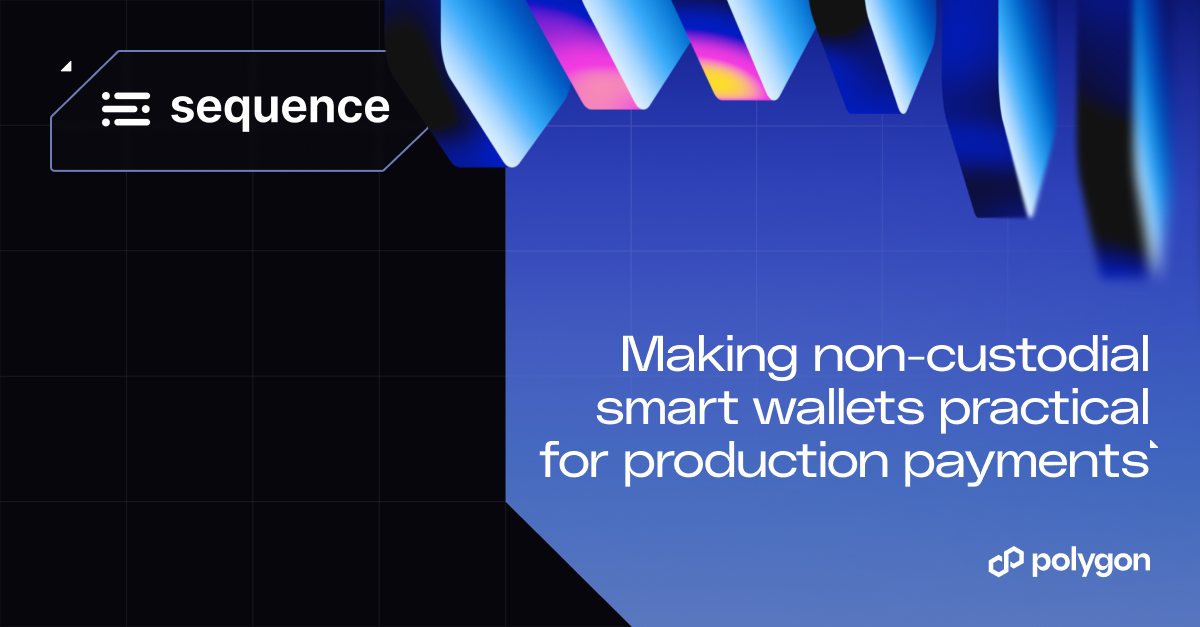


.jpg)
.jpg)
.png)

.png)

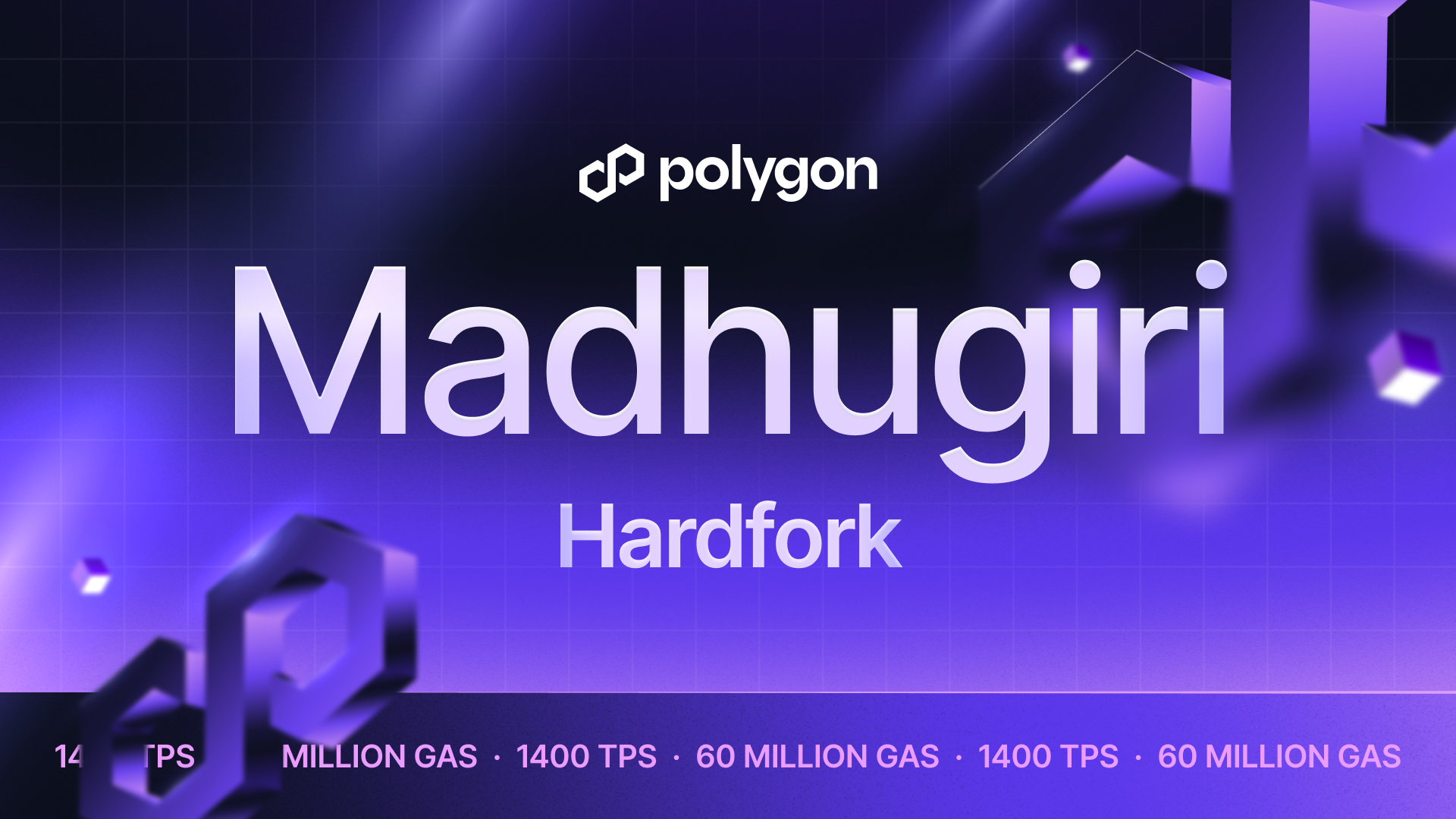
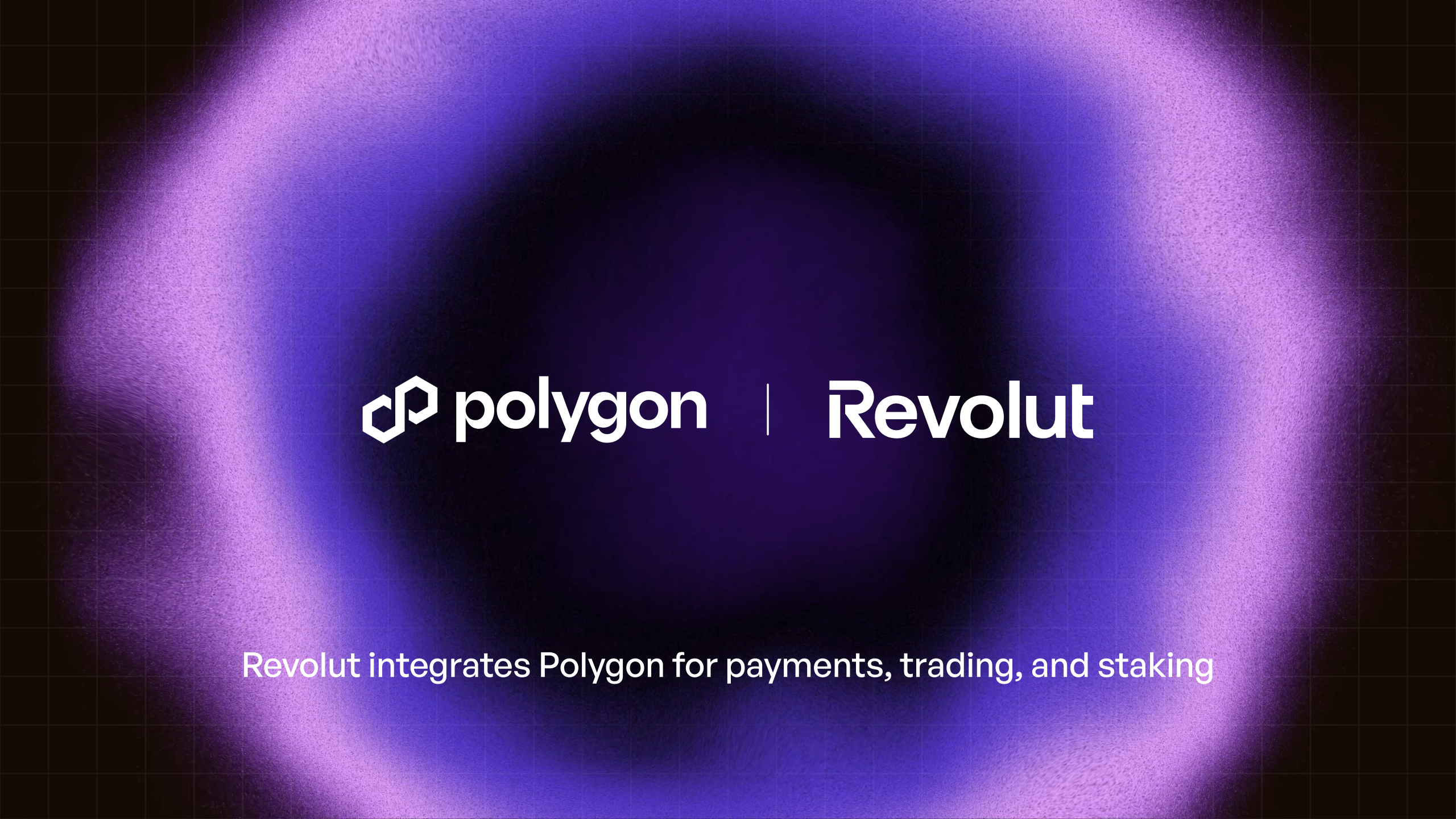
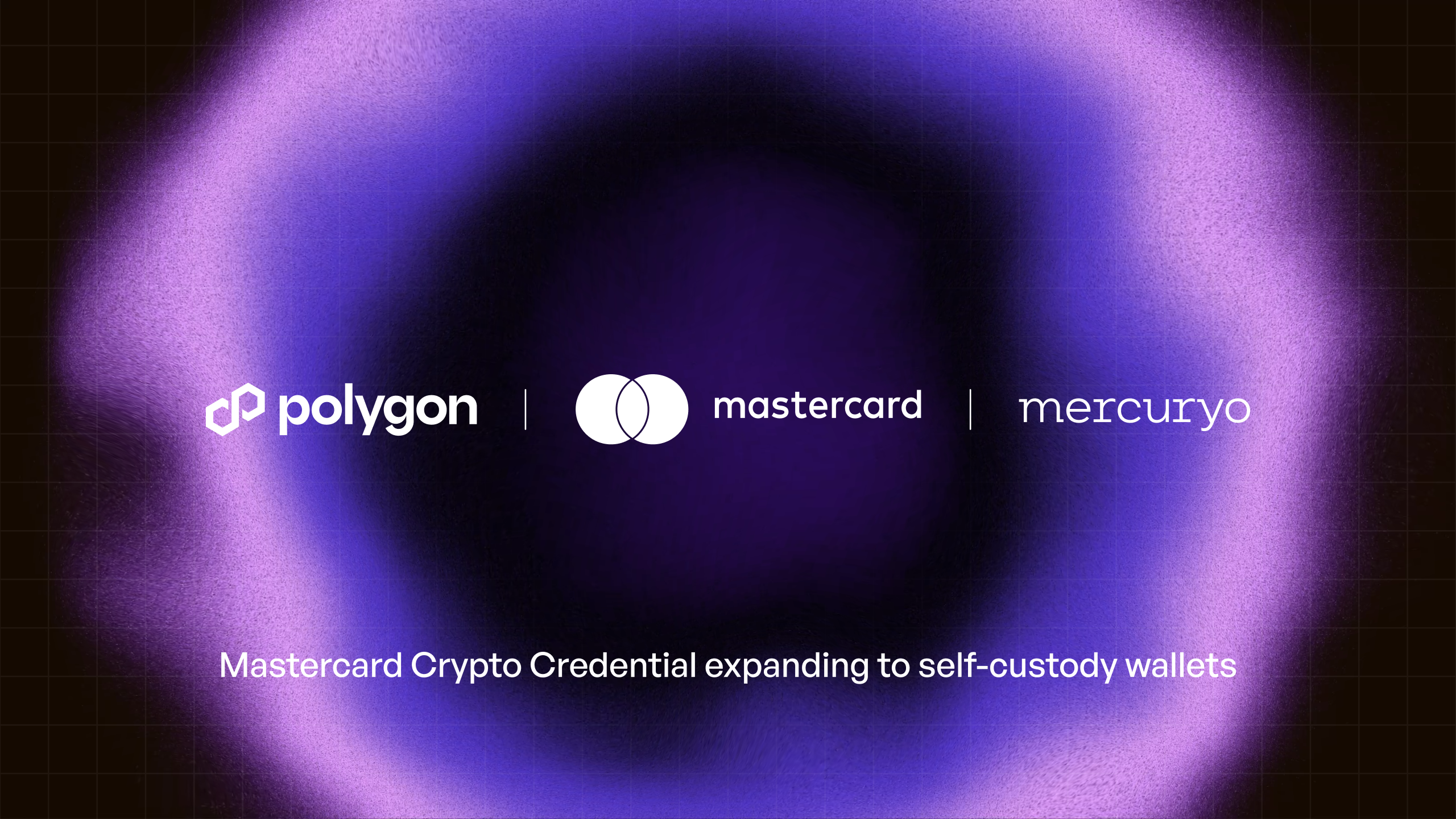
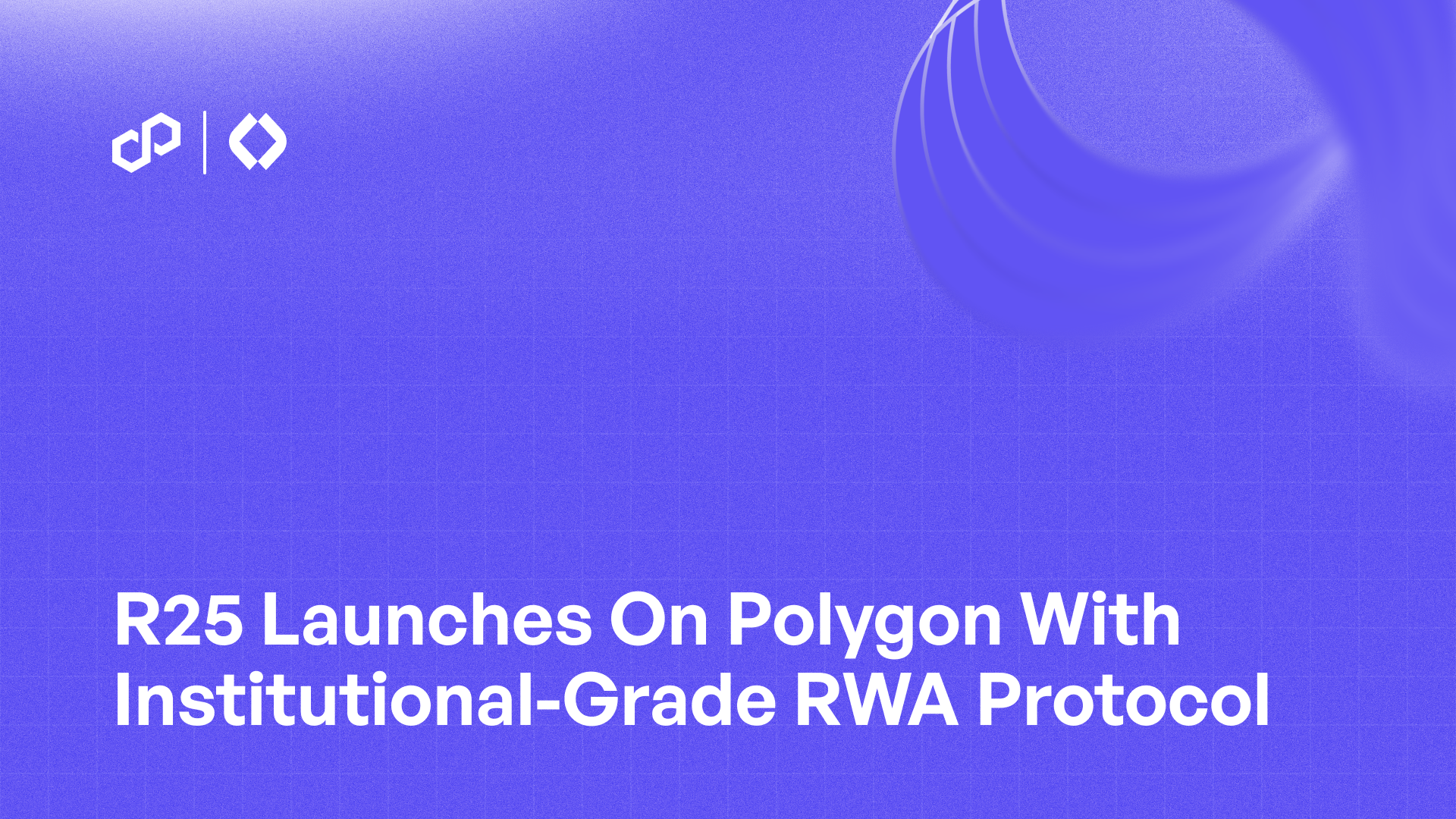
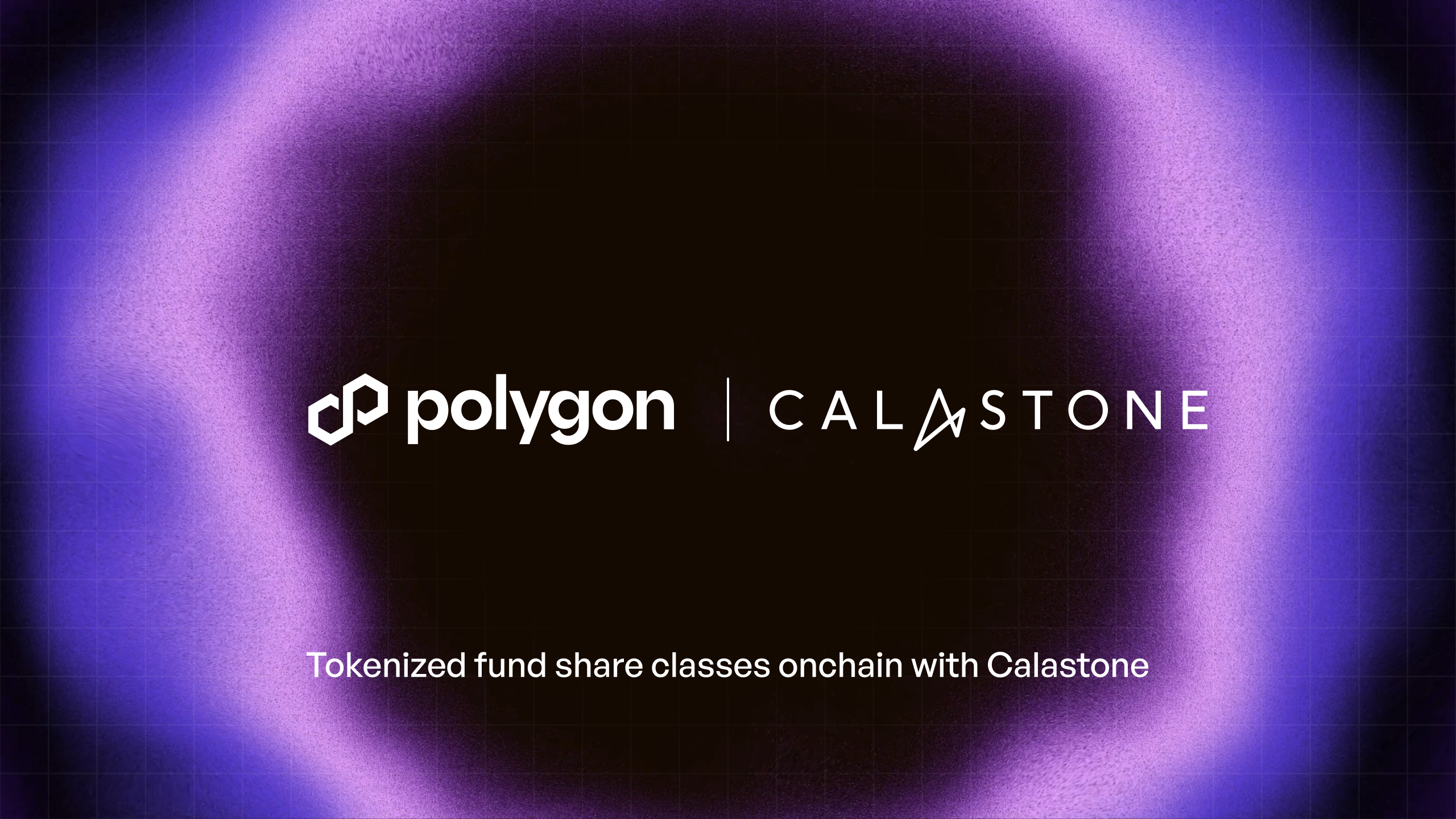
%20(1).png)